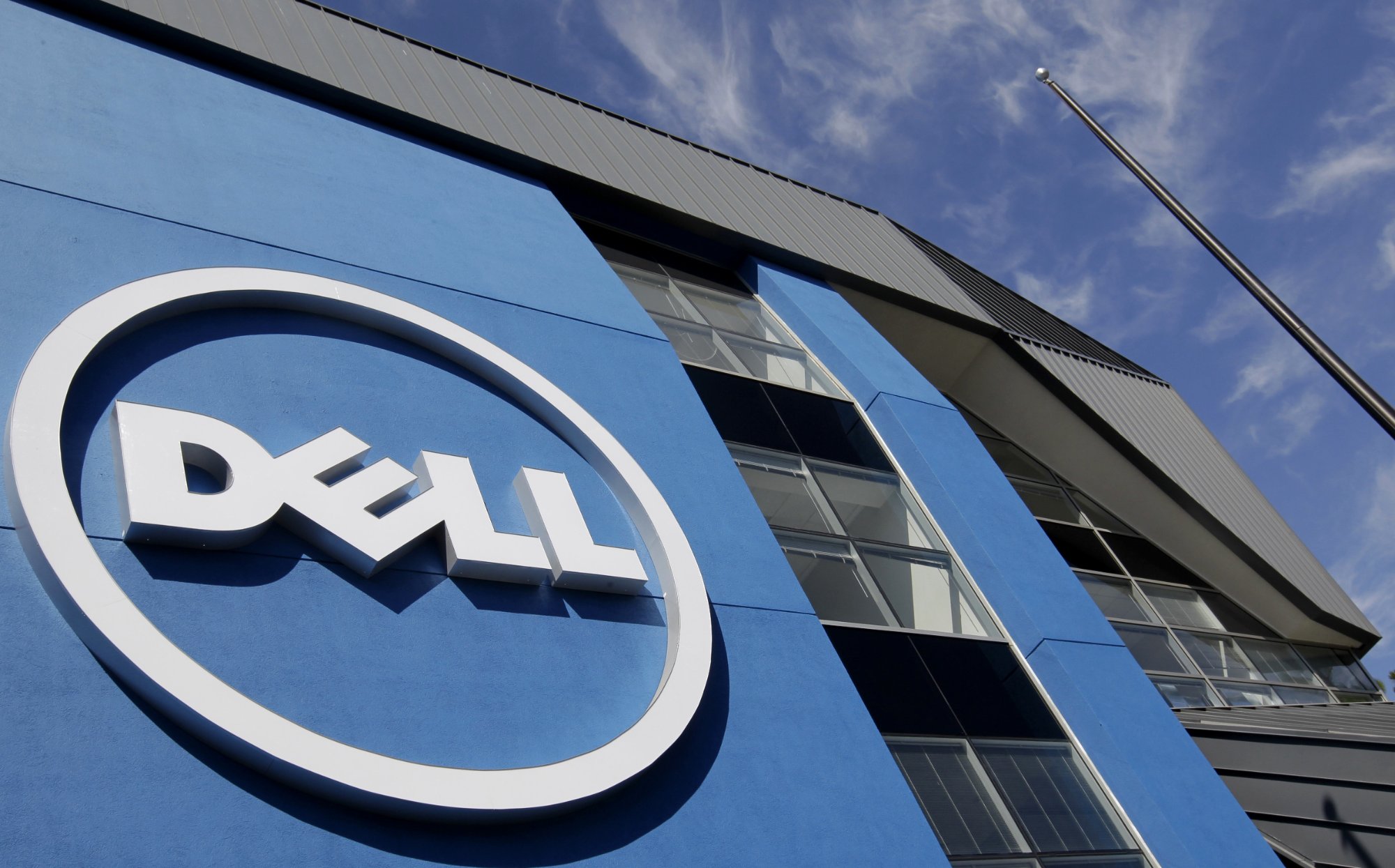 INFRA
INFRA
 INFRA
INFRA
 INFRA
INFRA
Despite weak storage growth, Dell Technologies Inc.’s overall business picture continued to strengthen in its fourth fiscal quarter thanks to a record year for its servers and networking gear.
The computing and storage giant today reported revenue growth that outpaced expenses as well as improving cash flow, a key consideration given a huge amount of debt it must pay off from the November 2016 acquisition of EMC Corp.
EMC also weighs heavily on the revenue front, with storage sales falling 11 percent. But Dell said it’s seeing the first signs of stability and expects storage sales to strengthen for the remainder of the year.
Fourth-quarter revenue rose 8 percent, $22.2 billion, from a year ago. Operating income grew 15 percent to $2.1 billion. Operating expenses were up just 3 percent and fell as a percentage of revenue, boosting cash flow to $3.1 billion, up from $700 million in the fourth quarter of 2017.
Dell finished the year with $20.3 billion in cash and investments, up $2.3 billion for a year ago. Maintaining strong cash flows is important as the company pays down the nearly $60 billion in debt it assumed to acquire EMC. Executives said that debt has already been whittled by $10 billion and that all obligations will be met this year.
“We have $8.5 billion in cash and investments that are core Dell EMC. That’s more than enough to help us manage our way through de-levering the balanced sheet,” said Chief Financial Officer Tom Sweet.
Full-year revenue came in at $79.9 billion, up 27 percent over fiscal 2017. Operating income of $6.9 billion jumped 34 percent.
“What we are seeing is continued ‘investment mode’” said Patrick Moorhead, president and principal analyst at Moor Insights & Strategy. “I do really like the operating income profits. If that weren’t there, it would be a real issue.”
On the company’s earnings call, executives declined to discuss Dell’s recent filing of a Securities and Exchange Commission notice that it’s considering a reverse merger with its VMware Inc. subsidiary, saying only that the procedure is “part of our ongoing strategic planning.”
Revenue in the Infrastructure Solutions Group grew a stronger-than-expected 5 percent, despite the weak storage business. Server and networking revenue grew 27 percent on strong demand for both PowerEdge and Cloud servers, which had a record year, said Jeff Clarke, vice-chairman of products and operations. Moor believes that gain comes from Dell’s penetrating more of EMC’s largest enterprise customers.
Dell shipped 2 million servers in 2018, he said. Dell’s core personal computer business, which drives half of the company’s revenue, remained strong, with 8 percent growth, to $10.6 billion, leading to a 20th straight quarter of market share growth, according to market researcher IDC. Moorhead attributed Dell’s PC growth, in fact, to capturing share from smaller players.
The company continues to struggle with storage, though. Its market share dropped more than 5 percent in the fourth quarter from a year ago, according to International Data Corp. Dell shook up its enterprise group in January in an effort to address the declines, and Clarke said there were signs of growing demand at the end of the quarter, but he acknowledged that progress has been slow.
“You saw the market share data,” he said. “We have work to do. I have to drive storage growth.”
The fiscal business 2019 plan emphasizes market share growth over profitability, and sales quotas have been rejiggered accordingly. “Sales reps need to sell storage to get to their plan,” Clarke said. “Storage growth will change the fundamental profitability of ISG. We have to sell more 60 percent-margin devices than we do today. ”
The good news in storage is that the company’s all-flash business finished the year at an annual run rate of nearly $5 billion, with nearly a third of worldwide revenue market share, according to IDC. Sales of hyperconverged systems, which combine computing, networking and storage in one machine, also more than doubled in the quarter.
Dell executives were upbeat about the long-term outlook now that the thorniest issues in the EMC acquisition have been resolved. They said a recent survey found that 91 percent of customers said the company has delivered on its pre-merger promises.
“We believe the macro environment and the IT environment are setting up to be stronger as the global economic outlook has improved,” Sweet said. “Digital transformation requires more compute from the edge to the cloud, as well as more storage, data protection and security.”
Support our mission to keep content open and free by engaging with theCUBE community. Join theCUBE’s Alumni Trust Network, where technology leaders connect, share intelligence and create opportunities.
Founded by tech visionaries John Furrier and Dave Vellante, SiliconANGLE Media has built a dynamic ecosystem of industry-leading digital media brands that reach 15+ million elite tech professionals. Our new proprietary theCUBE AI Video Cloud is breaking ground in audience interaction, leveraging theCUBEai.com neural network to help technology companies make data-driven decisions and stay at the forefront of industry conversations.